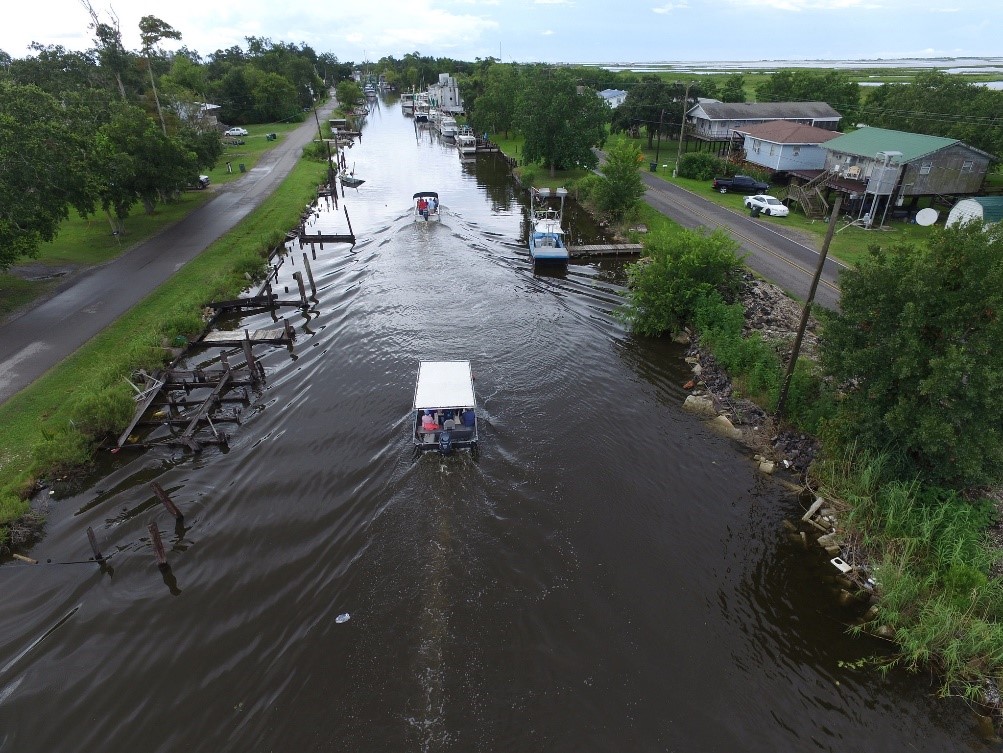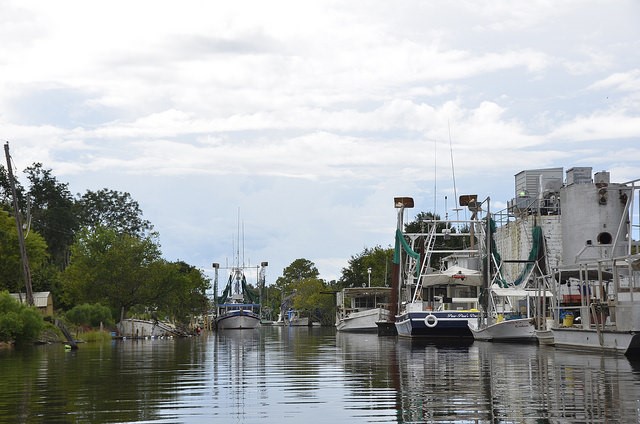Cultural Heritage & Coastal Humanities
|
The Cultural Heritage & Coastal Humanities (CH/CH) theme explores cultural values and stewardship roles of coastal communities. For CERF 2021, the CH/CH theme focuses on Indigenous and other subsistence culture coastal communities that have an inherited wisdom about their surrounding environment and continue to build on that body of observational knowledge that is passed from generation to generation to sustain themselves in these dynamic landscapes. This knowledge is woven through their culture and is sometimes referred to as traditional ecological knowledge (TEK). This intimate relationship to land and sea has fostered a different perspective on the use and management of estuarine and coastal environments that can complement and enrich our scientific understanding of the processes and functions that are the focus of coastal research. Indigenous communities around the world are using creative strategies to adapt to the impacts of climate change that include partnering with researchers to combine their TEK with science in approaches to enhance resilience strategies dealing with climate change impacts, mitigation, and adaptation. This Indigenous perspective to climate change impacts related to livelihood, resilience, and culture from a place-based 'long view' resonates with estuarine and coastal scientists looking to understand long-term trends, including the impacts facing coastal communities.
|


Photos of Pointe Aux Chenes, LA that highlight the Pointe-au-Chien Indian Tribe which is actively involved with research and outreach activities to enhance its resilience to coastal hazards.
|
The TEK-based CH/CH theme will be woven throughout the conference by inclusion of special sessions, workshops, speakers, and activities that elucidate the ways in which this knowledge can enhance coastal research, outreach, and education, including best practices and strategies for respectful and meaningful engagement with traditional knowledge holders. Through this theme, CERF 2021 will help raise the visibility of TEK with coastal scientists through intentional programming aimed to help participants recognize, understand, value, and support inclusion of TEK in coastal research. This programming will create opportunities for tribal and community participants to identify and share their research needs, as well as create opportunities for networking and knowledge exchange between participating tribes, communities, and researchers.
The theme will be infused throughout the conference, including:
- An opening ceremony by a local tribe
- A special session and a workshop focused on TEK – these include elements of how science, TEK, and tribal communities work together to solve environmental problems, and discussion about the path local communities took to get where they are now
- The Sea Grant CEI (Community Engaged Internship) program to bring a national cohort of students working on place-based research that includes aspects of TEK together for participation in virtual professional development opportunities
- A cultural event or ‘virtual’ field trip that highlights local tribes
- A plenary speaker on tribal partners – the local people, their history, their activities, and perspective
- Show and tell gathering with virtual booths/stations to speak with first nation individuals about items that are important to them. A raffle at the gathering for donated items.
- Integrated talking points into the statements made publicly during the meeting and in marketing materials (e.g., in sessions, opening ceremony)
|